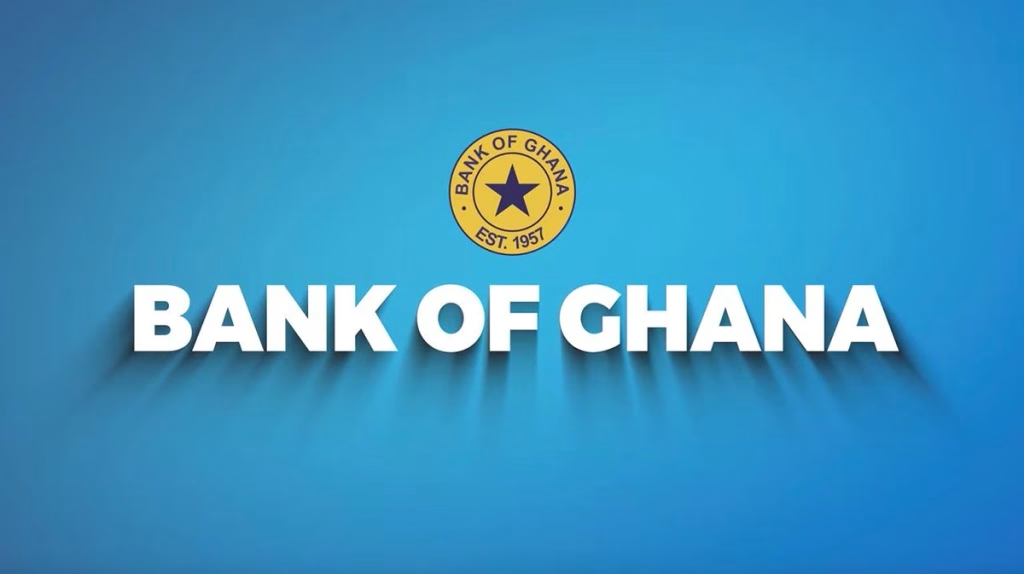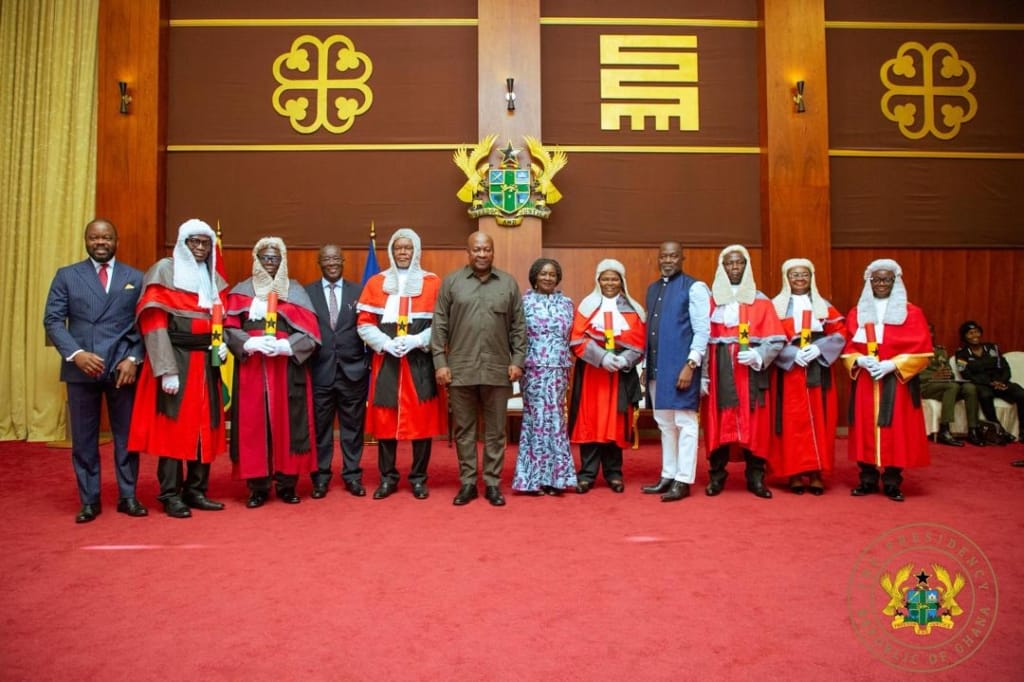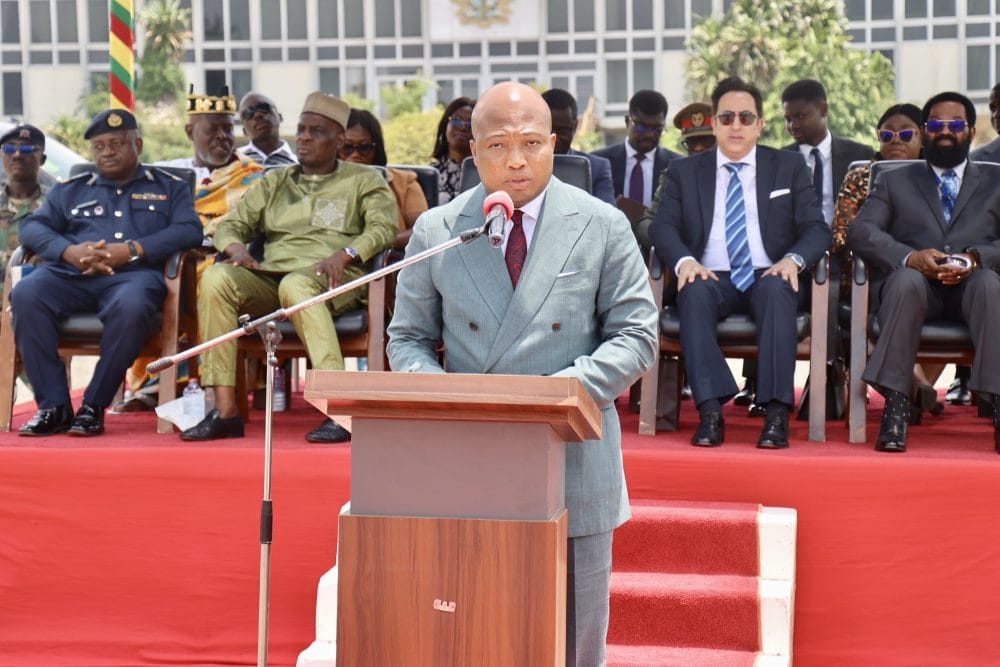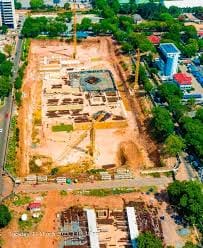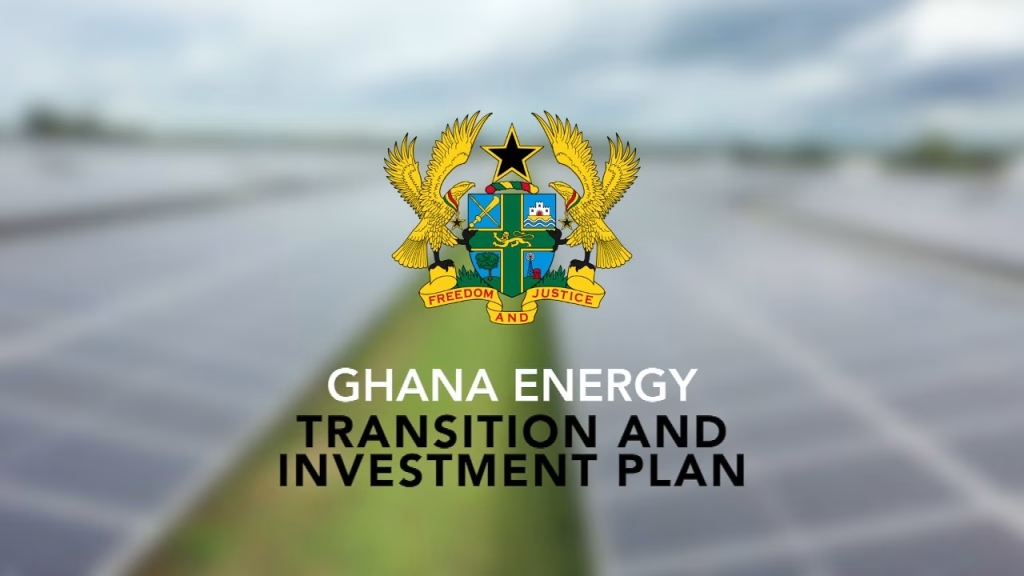Ghana’s central bank leaves policy rates unchanged at an emergency MPC meeting despite economic recovery signals. Inflation drops to 13.7% as stability becomes top priority. Read the full update from Savanabit.com.
In a carefully watched emergency meeting, the Bank of Ghana’s Monetary Policy Committee (MPC) acknowledged clear signs of economic recovery—but chose not to implement any new policy measures, signaling a wait-and-see approach amidst ongoing fiscal uncertainties.
According to a report by Reuters on July 18, 2025, the MPC gathered for a special session after recent macroeconomic indicators suggested that Ghana is gradually emerging from its most turbulent economic stretch in decades. Inflation has slowed considerably to 13.7% in June 2025, and the Ghanaian cedi has shown greater stability. Moreover, a positive trade balance and current account surplus have emerged, bolstered by improved revenue from gold and oil exports.
Why No Immediate Action?
Despite this good news, the central bank opted to maintain the current policy stance. No new interest rate cuts or liquidity easing measures were introduced at the emergency meeting.
Analysts believe the central bank is treading cautiously. While growth signals are encouraging, the broader economic outlook remains fragile—especially with Ghana’s public debt levels still high and budget deficits projected to widen by year-end.
In short, while inflation has eased and the cedi is holding strong, the central bank is likely watching for:
How resilient the recovery proves over the next two quarters
The outcome of ongoing IMF program assessments
The upcoming 2025/26 budget and fiscal discipline measures
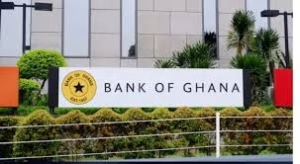
Governor’s Silence Fuels Speculation
Notably, Governor Ernest Addison did not issue a formal statement following the emergency meeting—leaving markets and observers speculating on whether further rate changes could come at the next scheduled MPC session in August.
Financial analysts and economists say the central bank is balancing a delicate line: pushing too hard on easing could reignite inflation, but holding too firm may choke fragile growth.
“This was not the moment to act. The central bank wants to consolidate gains first,” one Accra-based economist told Savanabit off the record.
The Bigger Picture: Where Is Ghana Headed?
Ghana’s recovery comes after a turbulent 2022–2023, when the country defaulted on most of its external debt and entered a bailout agreement with the International Monetary Fund (IMF) worth $3 billion. Since then, strict fiscal reforms and external support have helped ease pressure on the economy.
With inflation down from over 50% in 2023 to under 14% today, and with increased investor confidence in the domestic bond market, Ghana may finally be turning the corner.
Still, challenges remain:
Public debt-to-GDP ratio is still above 70%
External repayments are mounting post-debt restructuring
Youth unemployment and social pressures remain high
What to Watch Next
The next full MPC meeting, scheduled for August 2025, will be crucial. If positive trends continue, rate cuts or pro-growth interventions may finally be back on the table.
Until then, the central bank appears content to monitor from the sidelines—letting the recovery gather momentum organically without risking renewed volatility.
Source: Reuters – Ghana Central Bank Urged MPC to Support Recovery (July 18, 2025)
Note: This article is a curated and paraphrased version of the original Reuters report, adapted for Ghanaian readers by the Savanabit Editorial Team. All rights to original reporting remain with Reuters.

